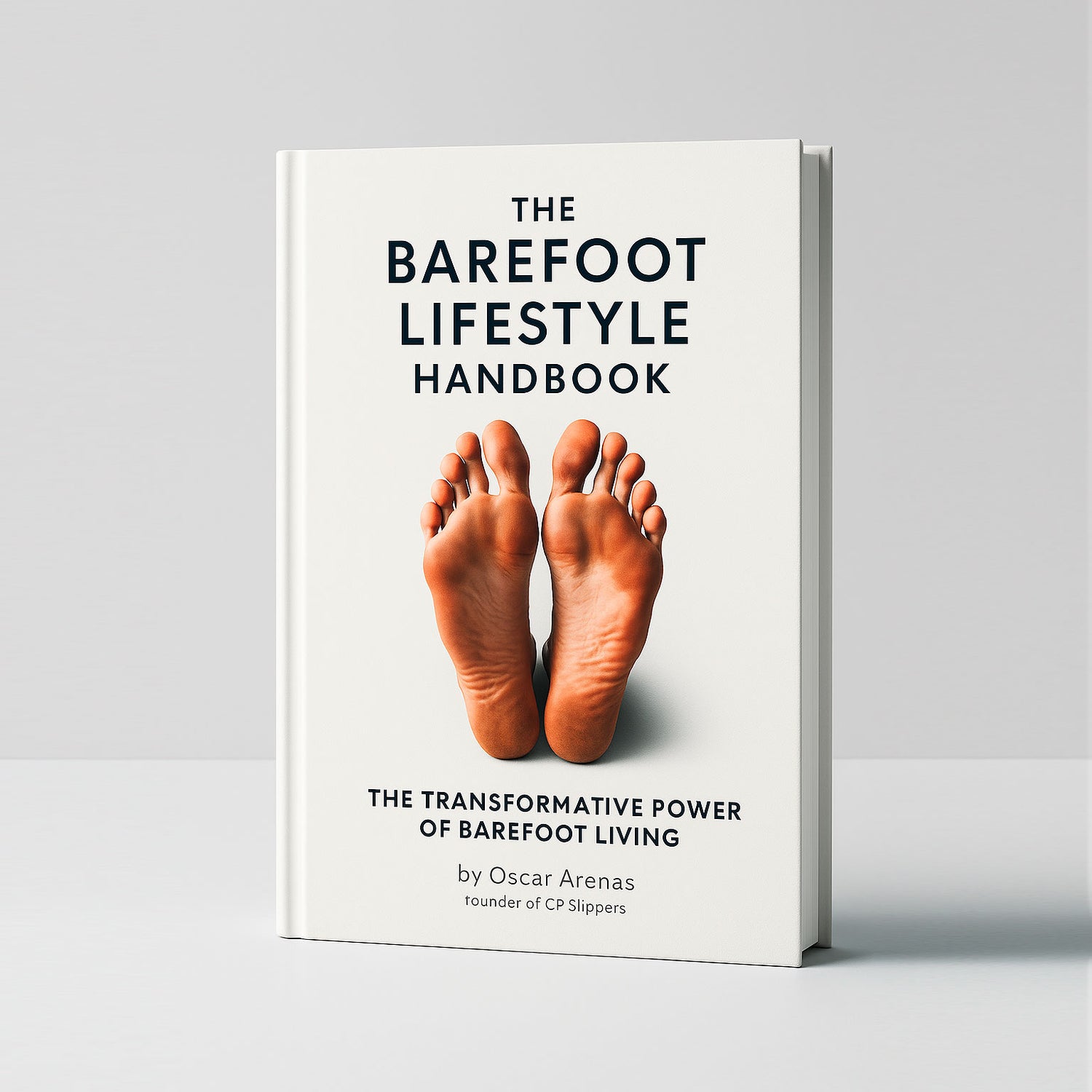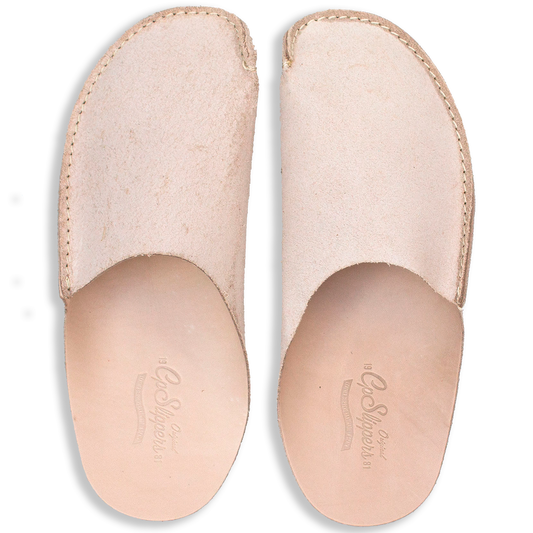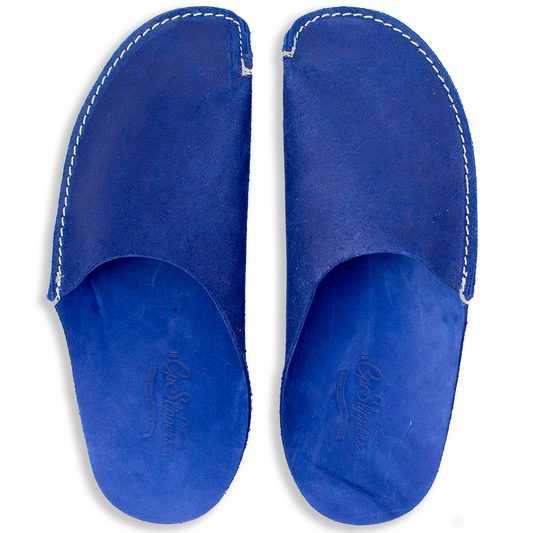
How Exercise Helps You Sleep Better — The Complete 2025 Guide
Oscar ArenasTable of Contents
- Key Takeaways
- Why Quality Sleep Matters
- The Science: How Exercise Transforms Your Sleep
- Best Types of Exercise for Better Sleep
- Timing Your Workouts
- Weekly Plan (Sample Schedule)
- Complementary Sleep-Hygiene Tips
- FAQs
- Final Thoughts
Key Takeaways
- Moderate aerobic or mind-body exercise (~150 min/week) can reduce sleep latency by up to 30 minutes and add nearly 2 hours of total sleep time.
- Adults need ≥ 7 hours nightly for optimal health; regular movement is proven to help reach and sustain that.
- Finish vigorous sessions ≥ 3 hours before bed; gentle yoga/stretching in the evening can still improve deep sleep.
Why Quality Sleep Matters
Chronic sleep deprivation increases risk of obesity, diabetes, cardiovascular disease, and mood disorders. The AASM recommends seven or more hours per night for healthy adults.
The Science: How Exercise Transforms Your Sleep
| Pathway | What Happens | Sleep Benefit |
|---|---|---|
| Thermoregulation | Core temperature rises then falls | Faster sleep onset |
| Hormonal reset | Lower cortisol, higher melatonin | Deeper REM and NREM stages |
| Circadian cues | Morning sun + movement reinforce clock | More consistent sleep cycles |
| Stress & mood | Endorphin release improves wellbeing | Less anxiety-driven insomnia |
Best Types of Exercise for Better Sleep
Aerobic Cardio
Running, brisk walking, cycling or swimming — 30 min, 3–5× per week.
Resistance Training
Two full-body sessions weekly support deeper recovery sleep and metabolism.
Mind-Body Practices
Yoga and Tai Chi shown in meta-analyses to improve sleep more than some drugs.
Low-Impact Movement
Even 10 minutes of daily walking can show measurable sleep quality gains.
Timing Your Workouts
| Time Slot | Benefits | Considerations |
|---|---|---|
| Morning (6–10 am) | Strong circadian alignment, daylight cues | Requires early start |
| Afternoon (12–5 pm) | Peak performance, metabolic boost | May conflict with work |
| Early Evening (5–8 pm) | Stress relief, good for most routines | Finish ≥ 3 h before bed |
| Late Night (>8 pm) | Convenient for busy schedules | Avoid high-intensity too close |
Weekly Plan (Sample Schedule)
| Day | Activity | Duration | Intensity |
|---|---|---|---|
| Mon | Brisk walk + light stretching | 40 min | Moderate |
| Tue | Full-body strength circuit | 30 min | Moderate |
| Wed | Yoga flow | 45 min | Light |
| Thu | Interval cycling | 25 min | Vigorous |
| Fri | Tai Chi in the park | 30 min | Light |
| Sat | Hike or swim | 60 min | Moderate |
| Sun | Restorative stretching + foam roll | 20 min | Light |
Complementary Sleep-Hygiene Tips
- Create a wind-down routine: slip into breathable natural-leather CP Slippers.
- Dim screens 60 minutes before bed to preserve melatonin.
- Keep bedroom cool (18–20 °C) and dark.
- Practice 5 minutes of diaphragmatic breathing to lower cortisol.
FAQs
Will exercising too late delay sleep?
High-intensity workouts within two hours of bedtime can elevate heart rate and delay sleeping, but gentle movement like yoga or stretching usually supports better rest.
When will I notice changes?
Most studies find notable improvements in 4–8 weeks of consistent moderate exercise.
What if I have chronic insomnia?
Combine exercise with CBT-I and consult a sleep specialist. Review clinical guidelines and treatment options.
Final Thoughts
Exercise is a zero-cost, research-backed “sleep pill.” Pair it with the comfort of CP Slippers and you’ll wake up more rested, focused, and ready to embrace each day.
Enjoyed this? Share it, bookmark it, and explore more wellbeing content on our Journal.





